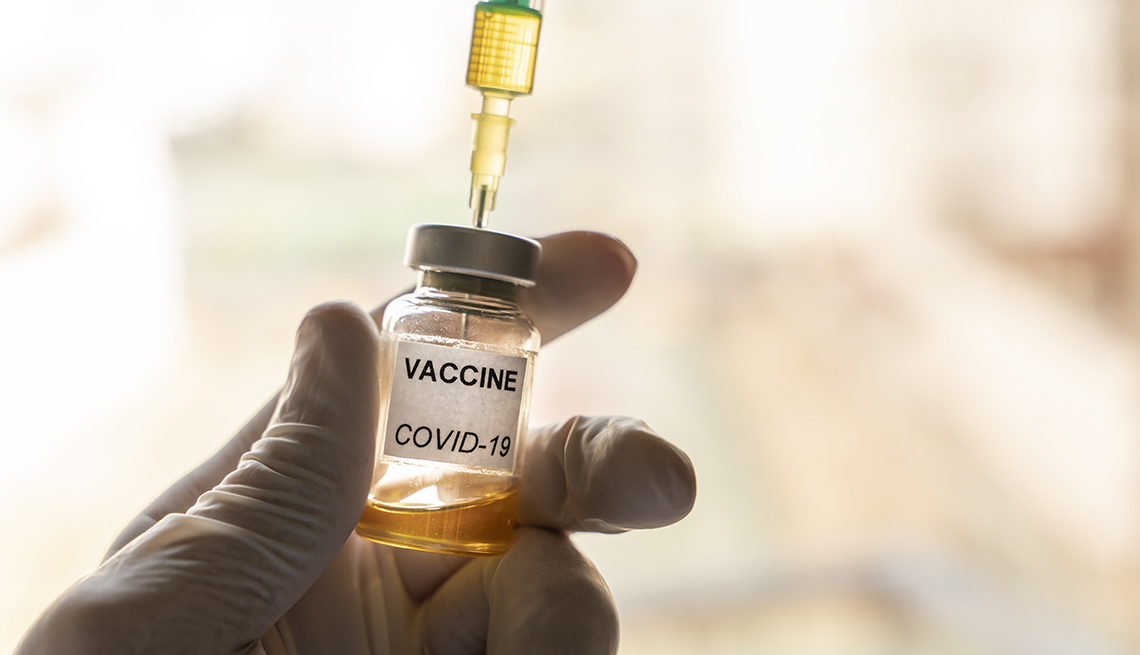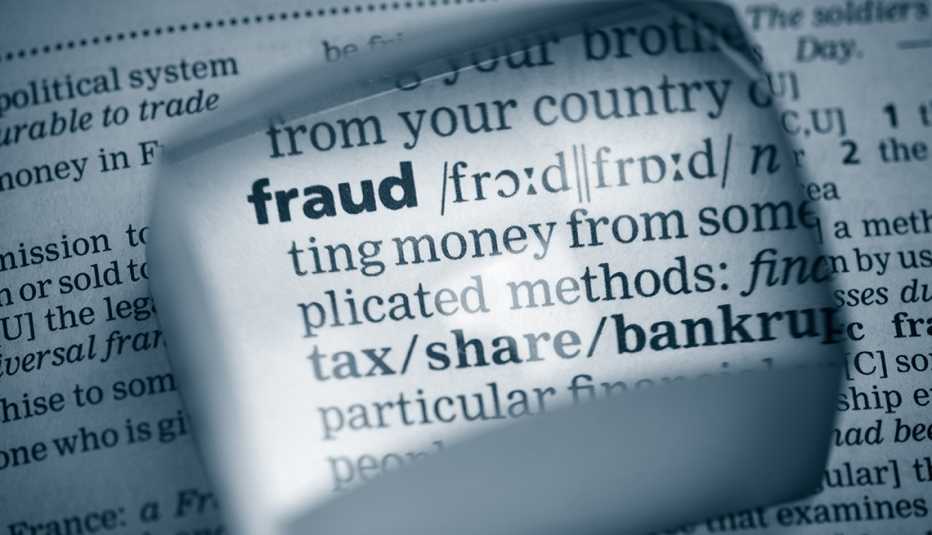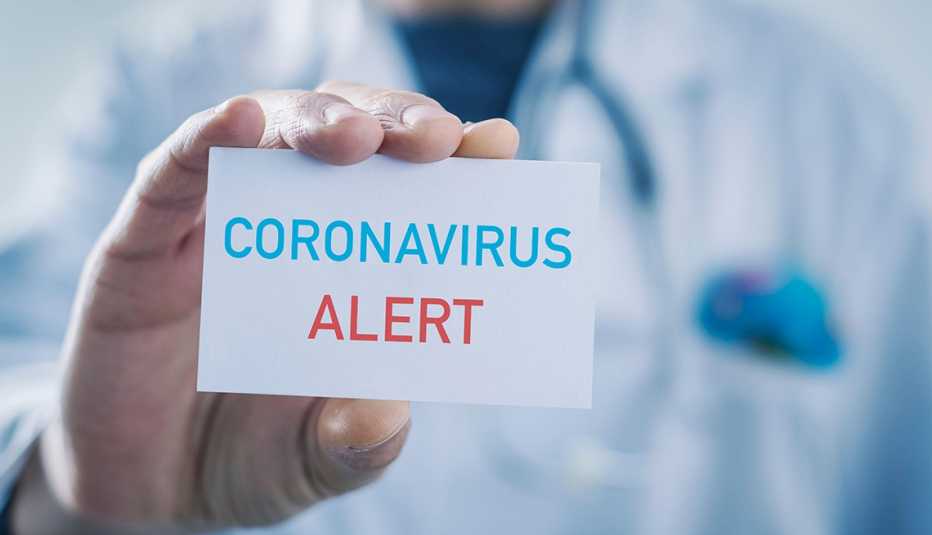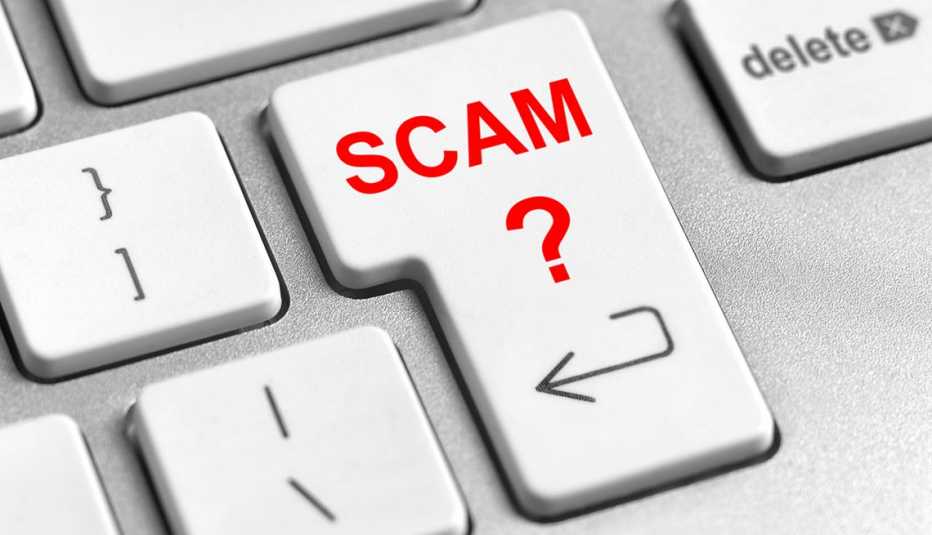Staying Fit
With the first coronavirus vaccine in the U.S. just authorized, state and federal officials are warning that ruthless criminals will try to capitalize on the historic step to steal people’s money.
The U.S. Department of Health and Human Services (HHS) issued a fraud alert on Dec. 3 aimed at Americans eager to get vaccinated against COVID-19: “You will not be asked for money to enhance your ranking for vaccine eligibility.”


AARP Membership— $12 for your first year when you sign up for Automatic Renewal
Get instant access to members-only products and hundreds of discounts, a free second membership, and a subscription to AARP the Magazine.
The same day as the HHS fraud alert went out, WROC-TV in Rochester, New York, reported that a recorded-scam call offered people a chance to avoid long lines and receive an early dose of the Pfizer vaccine for $79.99.
The two developments happened more than a week before the U.S. Food and Drug Administration (FDA), on Dec. 11, authorized the vaccine on an emergency-use basis.
Top state officials are also sounding the alarm about the potential for criminal activity. Even before the FDA acted, Florida Attorney General Ashley Moody warned about product and distribution scams tied to the vaccine.
Stay on ‘high alert’


“Floridians must remain on high alert,” Moody urged. A confluence of factors — vaccines winning or applying for FDA authorization and consumers anxious for immunity from disease — mean “scammers may exploit the situation to rip off Floridians.”
Leading up to the FDA’s authorization of the Pfizer vaccine, Michigan officials exhorted the public to stay vigilant about COVID-19 scams related to vaccines, treatments, test kits and clinical trials. Be “extremely wary” of anyone who offers you a vaccine now, said Joneigh Khaldun, M.D., a top official at the Michigan Department of Health and Human Services.




































































